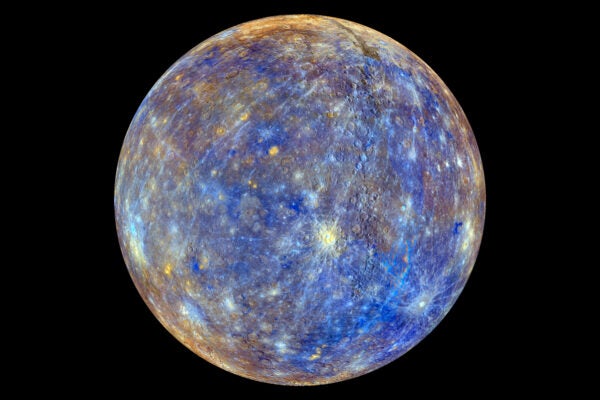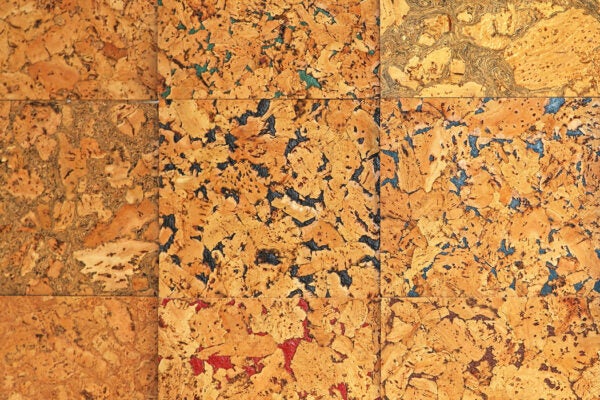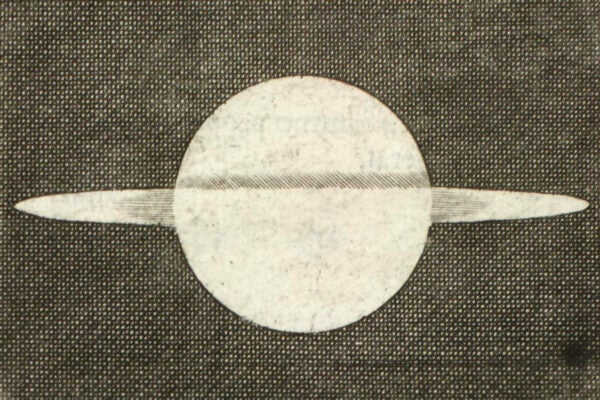Summer is winding down, but it’s still warm enough for one last frozen treat in the park…and to endure one last “ice cream headache.” Most sufferers of ice cream headache, a.k.a. brain freeze, simply ignore it and continue to enjoy their ice cream. Few if any will seek medical advice for the condition. Next time you eat ice cream, when a headache forces you to pause in your cold, sweet rapture, take the time to consider what is actually causing the headache.
Unsurprisingly, there isn’t much research on brain freeze. The best source of information is the British Medical Journal (BMJ), which is known for publishing the occasional cheeky article alongside serious research. The pinnacle of brain freeze research is the brilliant paper “Ice Cream Evoked Headaches (Ice-H) Study: Randomised Trial Of Accelerated Versus Cautious Ice Cream Eating Regimen.” The study, a systematic test of slow vs. rapid ice cream consumption, revealed that subjects who were directed to inhale a fixed amount of ice cream at top speed were twice as likely to develop a headache as those subjects assigned to the deliberate pace group. The subjects were 150 enthusiastic middle school students— this is probably the first medical study in history to boast a 100% completion rate.
Delving into cause, Joseph Hulihan notes in BMJ that brain freeze is actually the most common cause of headaches, affecting nearly a third of the population. Hulihan was interested in connections between the ice cream headache and migraines, a subject of much uncertainty. Competing studies found that brain freeze is both more and less likely in migraine sufferers. (One of these studies pioneered the novel technique of crushing ice onto a subject’s—i.e. the researcher’s own— forehead as a way to simulate brain freeze.) Hulihan ultimately speculates that brain freeze may be caused by a temporary reduction in blood flow through the cerebral artery. Similar vasoconstriction is believed to play a role in migraines, so brain freeze may ultimately provide a model for that more debilitating condition.
Hulihan’s vasoconstriction theory remains the best guess there is regarding the mechanism of this common affliction. Brain freeze is not considered a serious condition, so research money is typically spent on more, uh, vital needs. Fortunately, Hulihan does not suggest avoiding frozen treats, merely eating them more carefully: “Ice cream abstinence is not indicated.” Phew!







